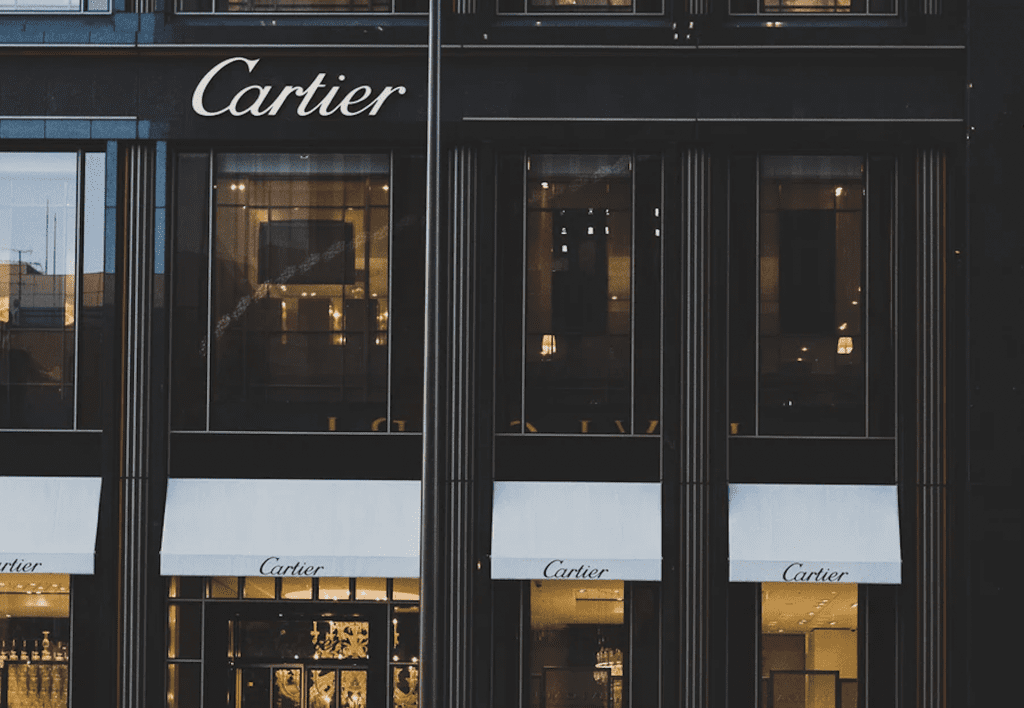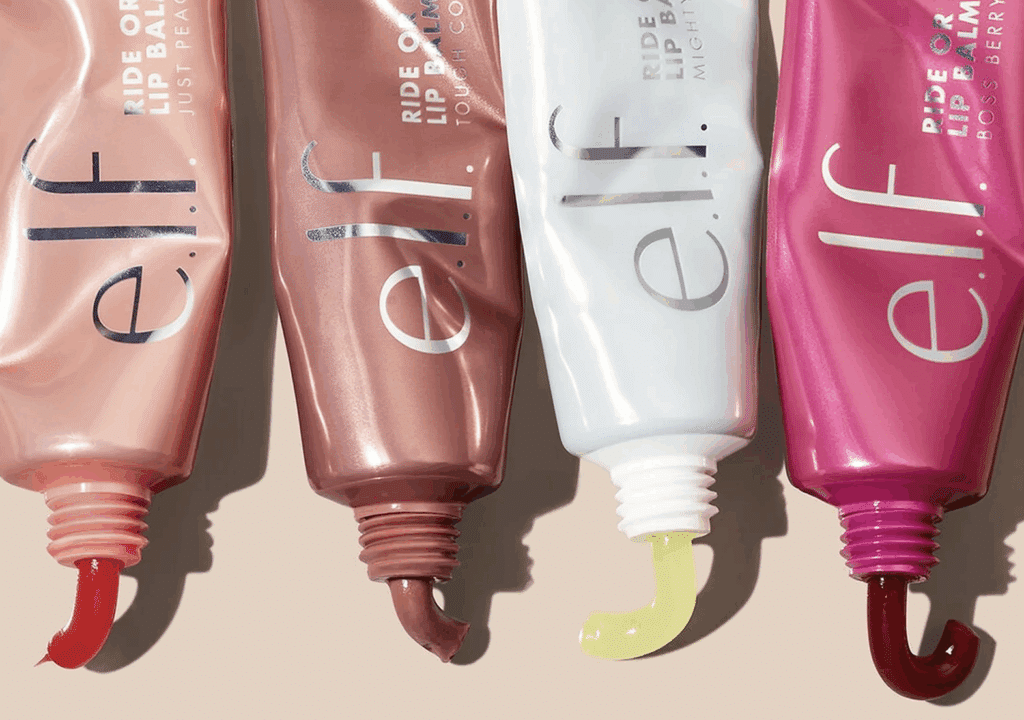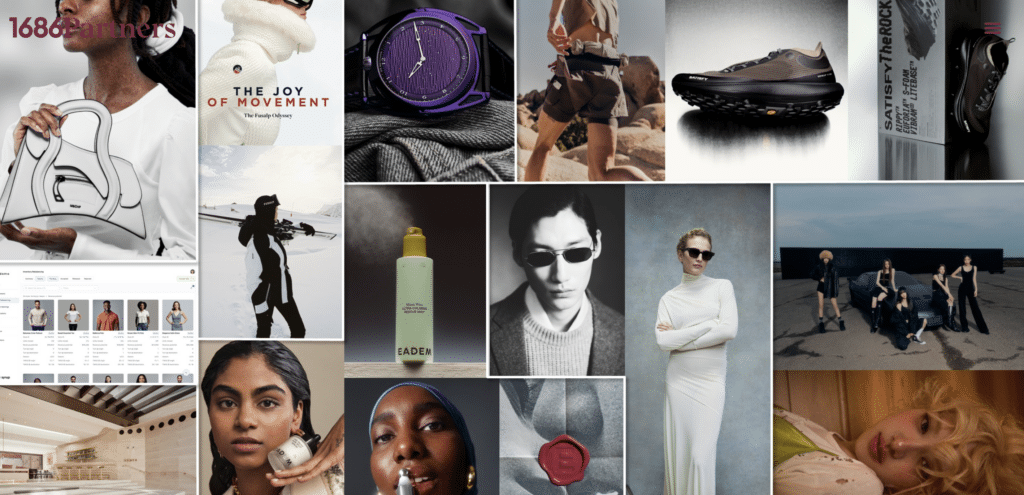Big name brands are bringing their operations in Russia to a halt following the Vladimir Putin-led invasion of Ukraine. This week, major consumer-facing companies have announced that they are stopping their regular business activities in Russia, with Nike, for instance, confirming on Tuesday that it was putting a block on online sales because it “cannot guarantee delivery of goods to customers in Russia.” Around the same time, Apple pointed to its “deep concern about the Russian invasion of Ukraine,” with a spokesman stating, “We are supporting humanitarian efforts, providing aid for the unfolding refugee crisis, and doing all we can to support our teams in the region.”
All the while, a growing number of mass-market fashion companies are ceasing their operations. British retailer ASOS stated on Tuesday that “against the backdrop of the continuing war, ASOS has decided that it is neither practical nor right to continue to trade in Russia.” Fast fashion group Boohoo, which owns PrettyLittleThing, Nasty Gal, Dorothy Perkins, and its namesake Boohoo brand, similarly revealed that it had stopped operating its e-commerce business in Russia. Still yet, Swedish giant H&M Group stated on Wednesday that as a result of “the tragic developments in Ukraine,” it has temporarily shuttered its nearly 200 stores in Russia.
Brands that occupy the luxury goods segment appear to be moving a bit slower when it comes to closing up shop in Russia. While a growing number of luxury groups have been quick to pledge humanitarian aid in connection with the enduring crisis (LVMH, for instance, recently announced a 5 million euro donation the International Committee of the Red Cross to help victims of the war in Ukraine), few have announced that they will halt operations in Russia even though current conditions are expected to make business difficult to carry out from a supply and logistics perspective, particularly as shipping giants like UPS, DHL, and FedEx have stopped their services for the time being.
Brands have not commented on their decisions to continue to operate as usual within Russia, but it is worth noting that spending on luxury goods was in high-gear in Russia over the weekend. Bloomberg has since reported that a similar bout of consumption is underway, with sales in LVMH-owned Bulgari stores in Russia, for example, rising “in the last few days,” CEO Jean-Christophe Babin stated on Wednesday. Richemont-owned Cartier is “still selling jewelry and watches” in Russia, per Bloomberg, as are companies like Omega and Rolex. (Cartier has since confirmed that it has temporarily shuttered its outposts in Russia.)
In a nod to looming supply issues, Babin stated that it is unclear how long this spending spree will last, particularly in light of the implementation of SWIFT measures, which “might make it difficult if not impossible to export to Russia.” The U.S. and the European Union, along with several allies, confirmed that they would block certain Russian institutions’ access to the Society for Worldwide Interbank Financial Telecommunication (“SWIFT”) international payments system. On Wednesday, representatives for the European Union revealed that the 27-member bloc will exclude seven Russian banks from the SWIFT messaging system, a move that is expected to have an effect on Western companies and banks in addition to proving capable of isolating Russia when it comes to international trade.
Given that luxury watches were already in shorter supply than usual before the start of the Russian-Ukraine war thanks to the influx of cash being amassed – and spent – by rich consumers, who were forced into pandemic-induced lockdowns (thereby, leading to less travel and other social activities, and thus, more time and cash to spend on things like buying watches) and largescale supply chain disruptions, the luxury-centric spending spree in Moscow could be unlikely to last for long.
In terms of what is driving the surge in luxury spending, European Institute director Adam Tooze revealed that over the weekend in Moscow, consumers were “panic buying luxury goods that may have high resale value” in anticipation of a plummet of the Ruble. (The value of Russia’s currency fell about 30 percent against the dollar on Monday, making it worth less than 1 U.S. cent. It has reached “a record low of 110 to the dollar in Moscow on Wednesday,” per Reuters.) Steven Hamilton, a visiting fellow at the Crawford School of Public Policy at Australian National University, stated that as of early Sunday morning Moscow time, “enormous lines had begun to form at Russian ATMs with many running dry, and Russians were swarming luxury retailers to swap their rubles for anything that might retain its value.”
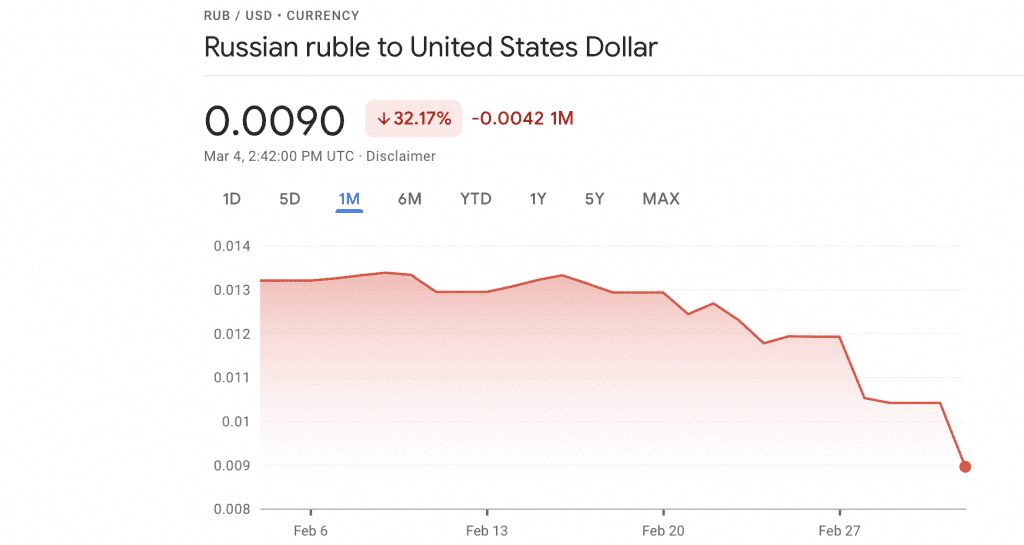
Babin echoed this sentiment, noting that Bulgari’s jewelry is a “safe investment,” suggesting that Ruble-holding consumers were looking to park their cash in luxury goods in order to maintain its value amid sweeping currency swings in Russia.
“Much like gold, which can serve as a store of value and a hedge against inflation,” Bloomberg notes that “luxury watches and jewelry can hold or even increase in price amid economic turmoil caused by war and conflict.” This phenomenon been consistently established thanks to the robust resale market for luxury watches, with a recent report from market consultancy Art Market Research, for instance, revealing that auction prices for watches soared by 15.7 percent in 2021, beating out other collectibles categories. (Just last month, Bob’s Watches, which is the leading online marketplace for buying, selling and trading used Rolex watches, revealed that the Swiss timepieces have outperformed stocks, bonds, real estate, and gold over the past decade.)
The same hold-value status is true for certain handbag models, including ones from the likes of Hermès and Chanel, which notoriously maintain their value in a resale capacity and in certain cases, appreciate when it comes to the values assigned to them in the secondary market. Hermès has since announced that it will temporarily cease operations in Russia. Citing “deep concern” about “the situation in Europe at this time,” the French luxury goods purveyor revealed in a LinkedIn post Friday that it has made “the decision to temporarily close our stores in Russia and pause all our commercial activities” beginning on Friday evening. It maintains three stores in Russia. Chanel also announced that it will temporarily close its stores in Russia and halt e-commerce sales.
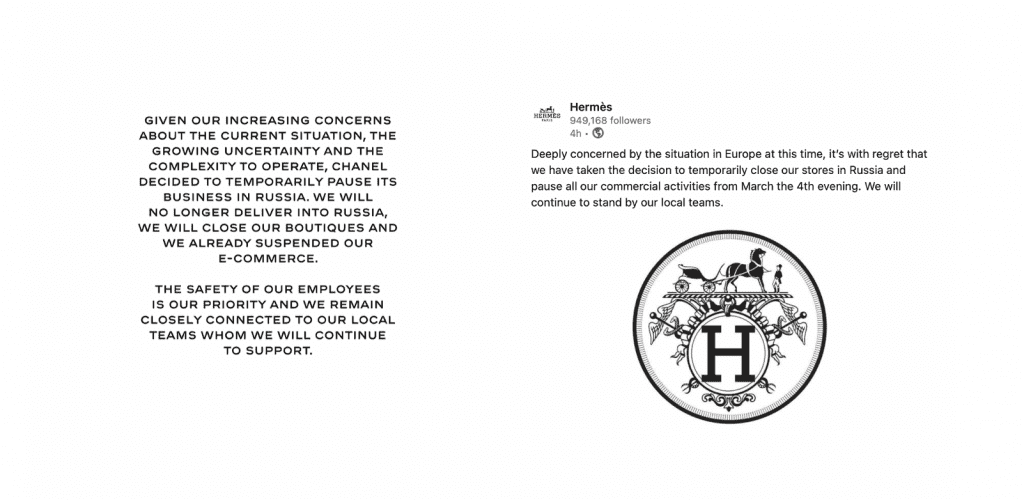
Still yet, Swiss luxury group Richemont, which has around a dozen directly-operated stores, mostly in Moscow, per Reuters, confirmed in a statement on Friday that it had suspended commercial activities in Russia on March 3 after previously halting operations in Ukraine on February 24.
As for how much brands are really earning from the apparent uptick in sales in Russia, it is likely not a significant amount, given the decreasing value of the Ruble and in light of the fact that brands’ annual sales in the country are generally less than 5 percent – and are actually closer to 2 or 3 percent for most groups. In keeping their doors open, however, brands appear to be indicating that the benefits of continuing to operate as usual outweighs the potential for long-term damage from the perspective of both public relations and ESG concerns.
*This article was initially published on March 3, and was updated on March 4 to note that Hermès, Chanel, and Cartier have revealed that they will temporarily cease operations in Russia, and to include an updated chart of the value of the ruble.







